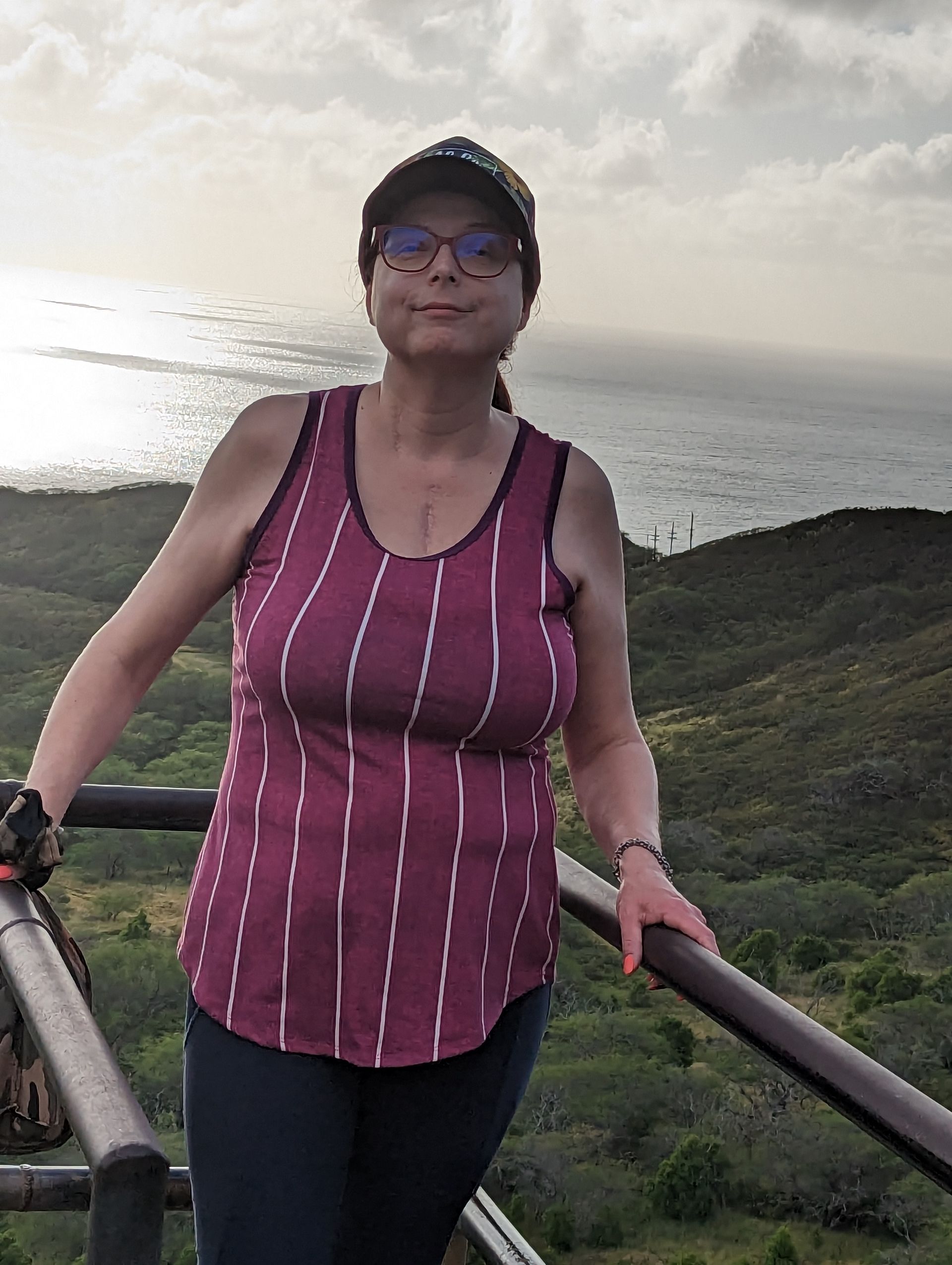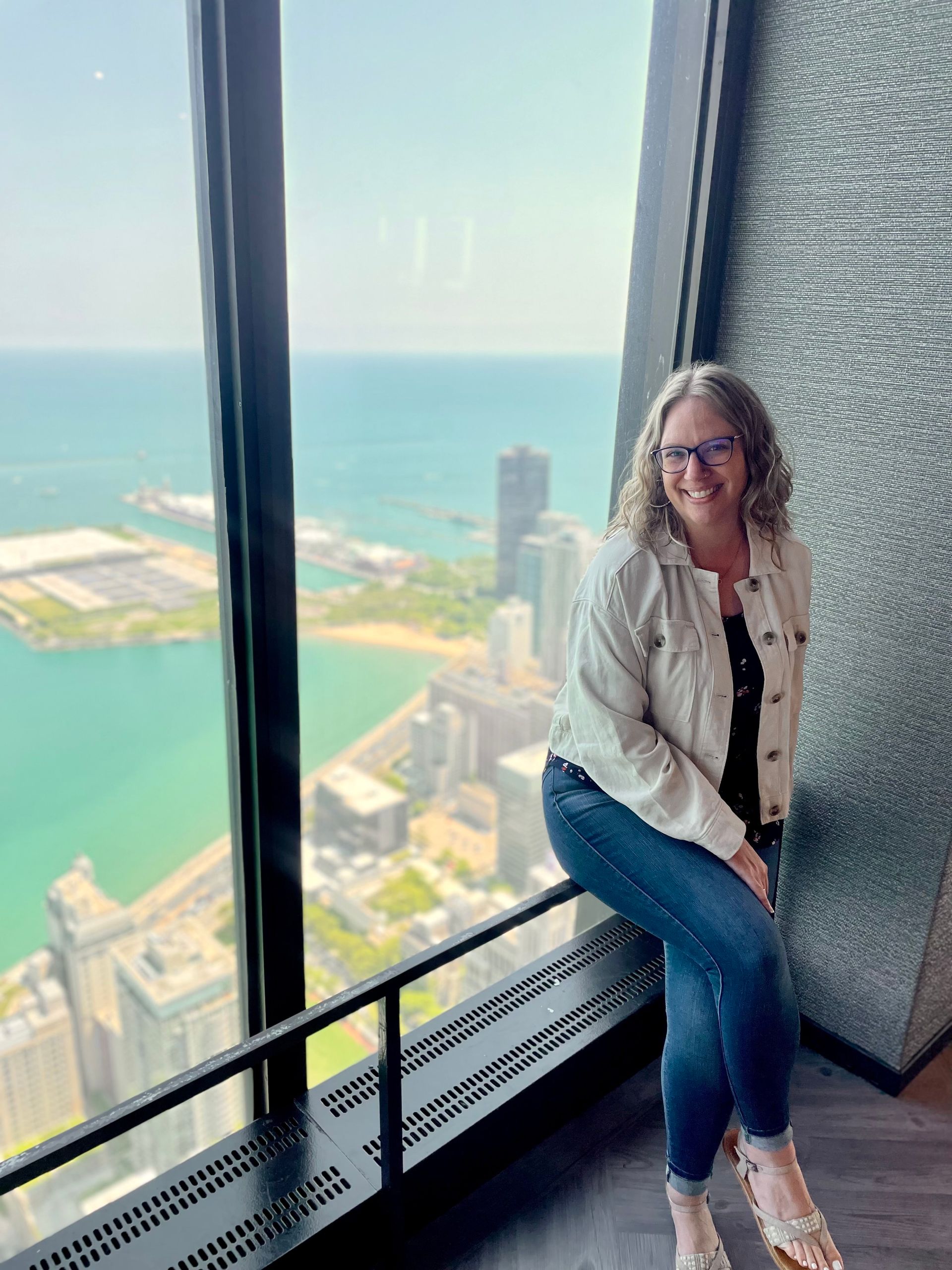Cardiac Arrest
Overview: Cardiac arrest is the sudden stopping of the heart from beating.
Cardiac arrest is a sudden stop to the heartbeat. It can occur in people who have been diagnosed with HCM. It also occurs in some people who have never been diagnosed; in other words, sometimes it is the first symptom of HCM. (Many other heart diseases can also lead to cardiac arrest.)
More Information
Background
More than 350,000 cardiac arrests happen outside of the hospital in the United States each year. Usually, they are fatal if immediate action is not taken. This may include CPR or a defibrillator (AED or ICD). People who have had a cardiac arrest can go on to live a long life. But time is of the essence: if the heart stops, no oxygen reaches the brain or other parts of the body. This can cause permanent brain damage in just a few minutes, and death in a few more. Obviously, this is an emergency!
Many people use “heart attack” to mean the same thing as cardiac arrest, but they are quite different. A heart attack is a problem in the body’s circulation, that is, its plumbing. A blockage in an artery stops blood flow to the heart. As a result, heart tissue dies due to a lack of blood flow. Cardiac arrest is caused by malfunctions of the heart’s electrical system: the heart stops pumping altogether.
Sudden cardiac arrest (SCA) means cardiac arrest with no symptoms leading up to it.
Signs and symptoms
If a person’s heart stops pumping, they will very quickly collapse. They will lose consciousness and stop breathing. There will be no pulse. This may happen without warning. Sometimes there are warning symptoms, though. These can include chest discomfort, weakness, shortness of breath, and palpitations. In either situation, the person needs emergency medical attention!
Cardiac arrest in HCM
Cardiac arrest can be caused by certain arrhythmias (irregular heart rhythms). The most common arrhythmia causing cardiac arrest is ventricular fibrillation, in which the lower chambers of the heart do not beat effectively and do not pump adequate blood.
HCM is the most common underlying cause of SCA (Sudden Cardiac Arrest) in young people. You may have read of cases of young, seemingly healthy athletes who suffered SCA, and perhaps died as a result. An important part of treating HCM patients is assessing their risk of SCA.
Risk of SCA in HCM patients
HCM patients vary a lot. Some have a high risk of SCA, and some don’t. The fact that you have HCM, by itself, does not mean that you are at high risk.
For the population as a whole, some factors that can put you at a higher risk of cardiac arrest include a family history of coronary artery disease, smoking, high blood pressure, high cholesterol, obesity, diabetes, and leading an inactive lifestyle. There is also a higher risk of cardiac arrest in those who have had a previous episode of cardiac arrest or a family history of cardiac arrest, a previous heart attack, being older, being male, using illegal drugs, nutritional imbalance, obstructive sleep apnea, and chronic kidney disease.
HCM patients can be at risk because the disease itself causes electrical changes in the heart that can lead to dangerous arrhythmias. The factors that have been established as suggesting the need of an ICD (Ommen et al. 2020) are:
- Family history of sudden death from HCM. This means sudden death in people younger than 50 that was likely to have been caused by HCM in first-degree relatives(parents, siblings, children) or second-degree relatives (grandparents, grandchildren, uncles, aunts, nephews, nieces, half-siblings).
- Left ventricle wall thickness greater than about 30 cm.
- Syncope (fainting) episodes that are not explained by other factors. These are fainting episodes that are thought to be caused by arrhythmias.
- Systolic dysfunction with LV ejection fraction less than 50%. This kind of heart failure often leads to changes in the heart structure that make dangerous arrhythmias likely.
- Apical aneurysm in the left ventricle. Aneurysms (weakening of the wall, often causing it to “balloon” outward) near the apex (bottom) of the ventricle can cause dangerous arrhythmias.
- Extensive scarring of the left ventricle. Scarring is measured with a cardiac MRI.
- Episodes of nonsustained ventricular tachycardia recorded with a Holter monitor or other heart monitor. These are considered more dangerous if the heart rate is faster during the episodes, or for longer periods of time.
This is not a checklist! Answering “yes” to some of these items does not automatically mean that you are at high risk and need an ICD. Those are issues that you need to discuss with an HCM specialist.
If you have had a cardiac arrest, your doctor is likely to advise implanting an ICD. They will probably also conduct tests to try to learn more about the cause and prevent future episodes. These tests can include ECGs, blood tests, chest x-rays, echocardiograms, nuclear scans, and cardiac catheterizations. In addition to ICDs, long term treatment after cardiac arrest can include the use of medications like calcium channel blockers, or implanting an ICD, or radiofrequency catheter ablation.
What should I do, and how frightened should I be?
In the past 20 years, much progress has been made to identify those at high risk for sudden cardiac arrest with HCM, and we know that approximately 25% of HCM patients would benefit from ICD therapy – which is over 99.5% effective in responding to cardiac arrest. If your HCM specialist or electrophysiologist recommends an ICD, you should certainly take their recommendation seriously - and in most cases, have it done!
New data indicates that those diagnosed for the first time over the age of 60 have no difference in life expectancy then the non HCM population and have a very low incidence of sudden cardiac arrest.
To reduce your risk of cardiac arrest, make sure to attend regular follow-ups with your HCM specialist.
If you live with someone who is at risk of cardiac arrest, it is important that you be trained in CPR. The more people that know how to respond to a cardiac emergency, the greater the survival rate will be.
View the below video about sudden cardiac arrest in HCM:
Bibliography
American Heart Association. (n.d.). About Cardiac Arrest. About Cardiac Arrest l American Heart Association. Retrieved March 19, 2021, from https://www.heart.org/en/health-topics/cardiac-arrest/about-cardiac-arrest
Mayo Clinic. (n.d.). Sudden Cardiac Arrest. Diseases & Conditions. Retrieved March 19, 2021, from https://www.mayoclinic.org/diseases-conditions/sudden-cardiac-arrest/symptoms-causes/syc-20350634

 Translate
Translate

